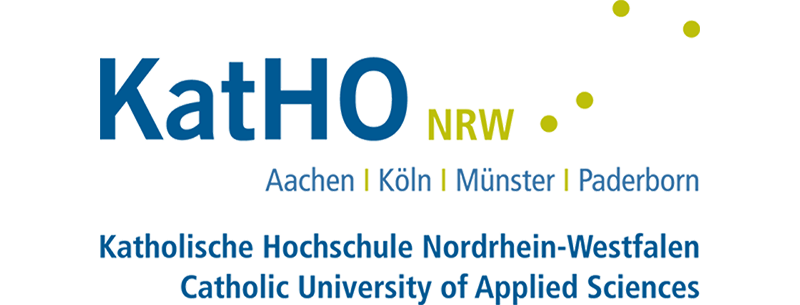Aims and benefits
The background of the research project is the need for timely assistance for refugees arriving in Germany. Many refugees have limited access to the health care system – due to (asylum) legal, cultural and / or language barriers – and are insufficiently reached by existing help systems in Germany. At the same time, refugees represent a particularly vulnerable population and have a particularly high risk of developing substance use disorders and other mental illnesses. Digital interventions offer the chance to provide appropriate and accessible help and represent a low-cost and effective complement to conventional health care services.
BePrepared addresses the development, testing and evaluation of a brief smartphone intervention for the indicated prevention of substance use disorders. The app contains culture-sensitive components and is aimed at young refugees with hazardous use of alcohol and / or cannabis. The intervention content is based on proven techniques of Cognitive Behavioral Therapy and Motivational Interviewing according to Miller and Rollnick. It consists of four intervention modules, which get accessible on a weekly basis during four weeks, as well as some optional modules:
- Module 1 "Diary" consists of a substance use diary to promote self-observation and self-reflection with regard to substance use and helps to get an overview of one's own consumption and to recognize patterns.
- Module 2 "Change" consists of two exercises to promote motivation for change.
- Module 3 "Thinking and Doing" deals with the connections between thoughts, behavior and consumption in three interactive exercises (e.g. in the form of a rejection training).
- Module 4 "Relaxation" deals with the topic of feelings and consumption and contains practical tips for dealing with stressful feelings as well as a guided breathing exercise to promote relaxation.
- Further optional modules include psychoeducative texts and information on offers of assistance (on site, by telephone and online).
The app will be evaluated in a single-armed feasibility trial with regard to the feasibility, usability, acceptance and the initial efficacy of the digital intervention.
Project goals:
- Development of a digital brief intervention / app for young refugees to reduce problematic use of alcohol and cannabis
- Evaluation of the digital brief intervention in terms of feasibility, usability and acceptance by the targeted group
- Testing the initial efficacy with regard to a reduction in substance use
Study procedures
The following timeline illustrates the process of developing the prevention concept, the technical implementation of the digital application (app development), the culture-sensitive adaptations involving refugees, cultural mediators and experts from the field, and the evaluation.
Multi-strategy recruitment of participants includes trained keypersons personally targeting potential participants, dissemination of information about the study by refugees in their personal social network (snowball sampling), and multilingual promotional materials online and in print.
Contact
beprepared@katho-nrw.de
+49 (0) 221 7757 172
Deutsches Institut für Sucht- und Präventionsforschung
Katholische Hochschule NRW
Wörthstraße 10
50668 Köln

Study results
Download of the BePrepared App: https://play.google.com/store/apps/details?id=dai.com.prepare
Booklet on the BePrepared App and Study for professionals in addiction and refugee support services (in German language): https://www.katho-nrw.de/fileadmin/primaryMnt/KatHO/DISuP/BePrepared/Pr…
Coordinators
Head:
- Prof. Dr. Michael Klein, Deutsches Institut für Sucht- und Präventionsforschung (DISuP), Katholische Hochschule NRW
- Prof. Dr. Dr. h.c. Sahin Albayrak, Distributed Artificial Intelligence Laboratory (DAI-Labor), Technische Universität Berlin
Scientific design and coordination:
- Laura Fischer, M.Sc. Psych. (DISuP)
- Vera Kölligan, M.Sc.Psych. (DISuP)
Technical Implementation:
- Nizar Ben-Sassi, Dipl.-Inform. (DAI-Labor)
- Paul Zernicke, Dipl.-Inform. (DAI-Labor)
Practical partners:
Stadt Köln (Wohnungswesen), Sozialdienst katholischer Männer (SKM) Köln e.V., Deutsches Rotes Kreuz (DRK) Betreuungs gGmbH Köln, Bonner Institut für Migrationsforschung und Interkulturelles Lernen (BIM) e.V., Evangelische Jugendhilfe Godesheim gGmbH
Project Duration
01.02.2019 – 31.01.2024, funded by the Federal Ministry of Education and Research (BMBF), Funding Number: 01EF1805D